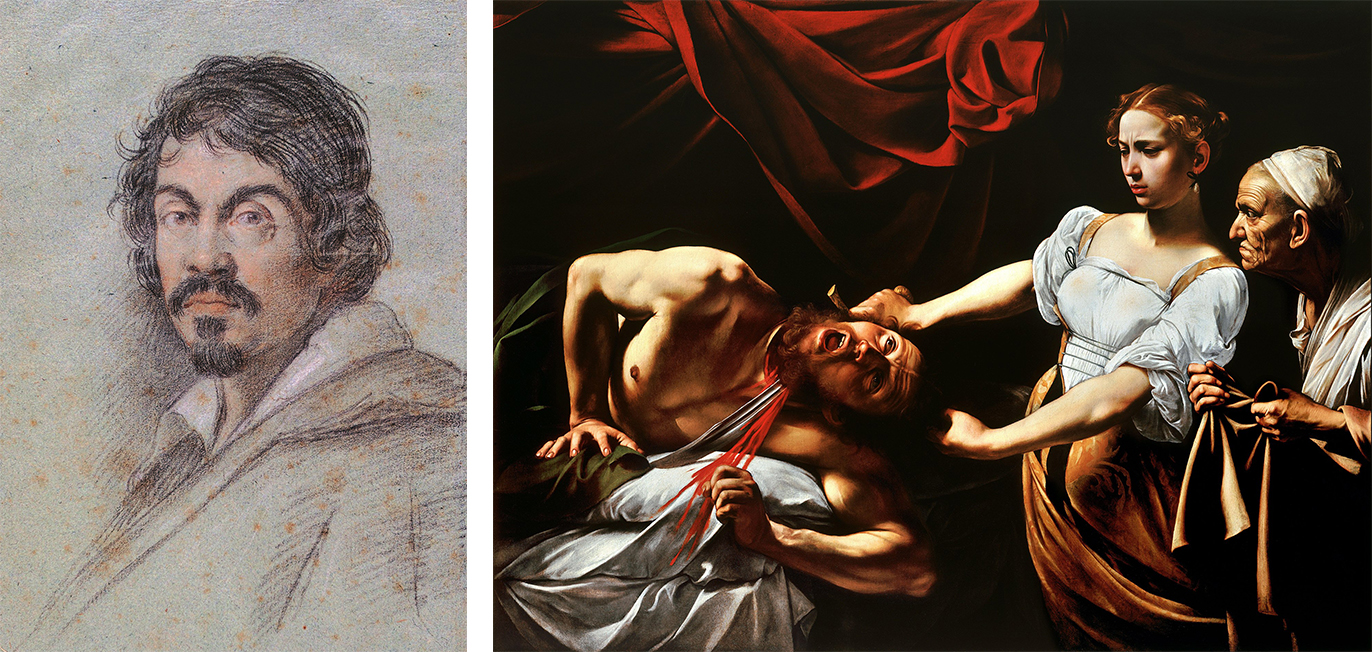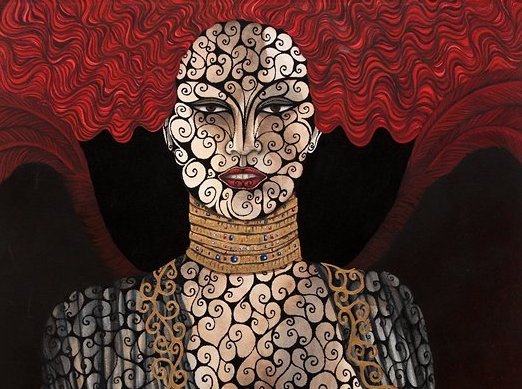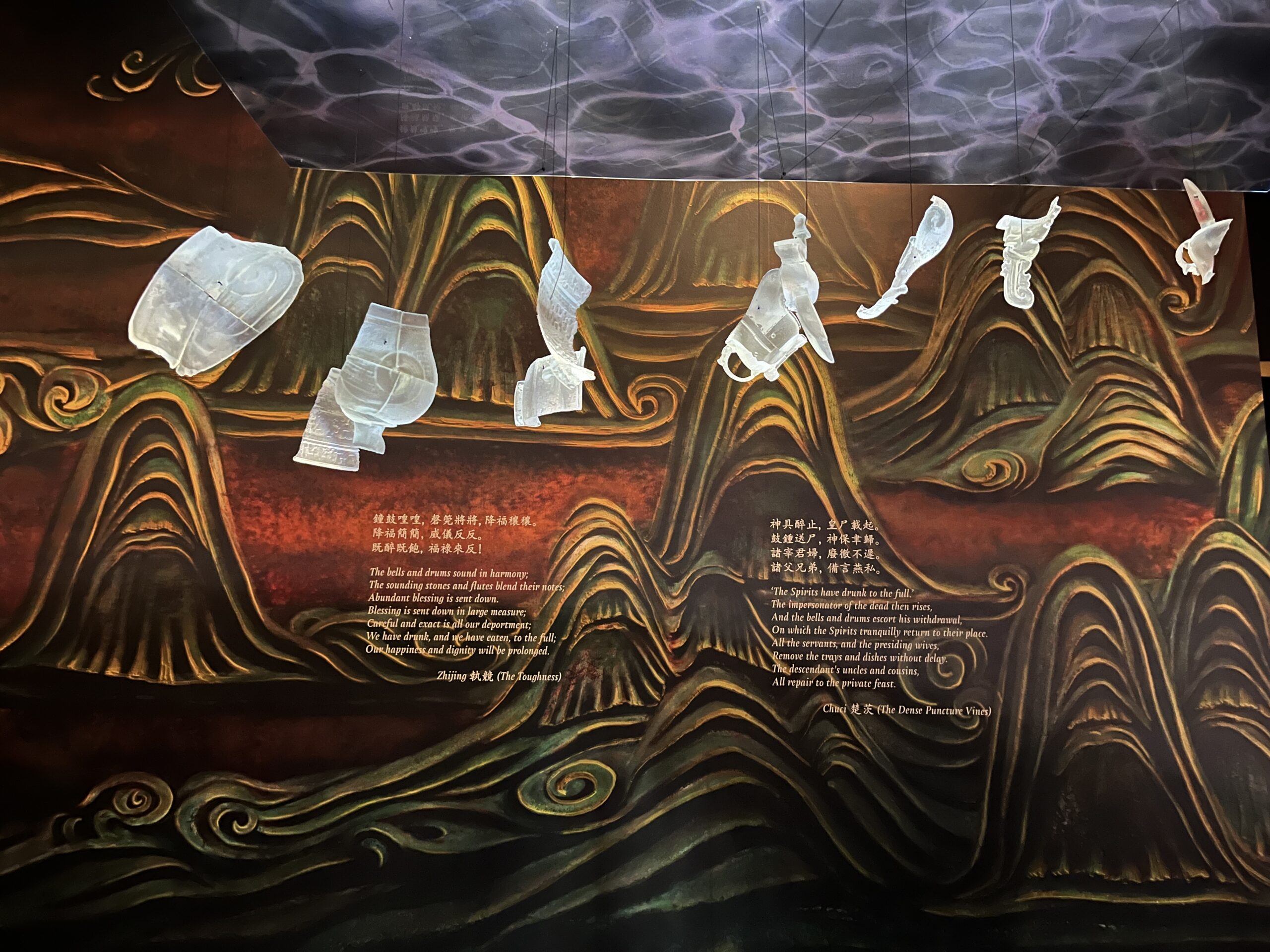Blog
Fresh perspectives on art, life, and current events. From deep dives to quick takes to insightful interviews, it’s the museum in conversation. Beyond the walls. Outside the frame. Around the world.
The Latest

Honoring Disability Pride Month with the Vibrant Work of Sam Gilliam
Sam Gilliam is remembered for his endlessly inventive practice that upended distinctions between painting and sculpture. Like other Color Field artists in the mid-20th century, he eliminated the brush and poured diluted paint directly onto unprimed canvases. He famously went a step further and eliminated the stretchers to let his canvases drape like banners. Gilliam’s ...

Marking Caravaggio’s death on July 18: A ‘troubled’ but brilliant artist
On July 18, 1610, Caravaggio died in Porto Ercole, a tiny port town 100 miles north of Rome. He was just 38 years old. His dramatic, intensely realistic works—like Judith and Holofernes, currently on view at the Minneapolis Institute of Art—made him one of the most famous artists of his day. But Caravaggio was violent and ...

Christopher Selleck on pulling back the veil of performative masculinity
By Dustin Steuck
Christopher Selleck’s “Body // Weight” exhibition, on view at Mia as part of the Minnesota Artists Exhibition Program, uses video and sculptural works to animate the ritualistic practices of gym culture. Primarily portraiture, it’s a tender invitation to reconsider the archetype of American masculinity and the constraints it imposes on our dominant ...

Finding Kodōjin: Andreas Marks on his 15-year quest to rediscover a forgotten master
By Tim Gihring
Fifteen years ago, Andreas Marks had never heard of Fukuda Kodōjin. Hardly anyone had. Kodōjin, who was born in rural Japan in 1865, was among the last of the literati painters, a tradition of scholarship, poetry, and art that died with him in the wake of World War II. By the ...

New! Take this self-guided tour of Pride Month art at Mia
For the month of June, Mia is highlighting 2SLGBTQIA+ artists and themes through artworks spanning centuries and social epochs. Many of these works have been made by queer artists, others depict queer themes throughout history. Explore the works in the galleries or virtually in this self-guided tour. Harriet Goodhue Hosmer, Medusa, 1854 Gallery 323 At a ...

“Expressions of Joy” hits the stage at Mia, celebrating the creativity of older adults
By Julie Bourman and Sheila McGuire
For eight weeks, a cohort of older adults—many living with HIV—have come to Mia to turn their life experiences into story and song. The workshop “Expressions of Joy” is a collaboration between Mia’s Vitality Arts program, Rainbow Health, and Theatre 55, and the resulting pieces with be performed ...

Tina Blondell on strong women, correcting Caravaggio, and showing her art beside his
By Diane Richard
“It’s the only decapitation painting I did.” Not many living artists can claim that—paintings of beheadings not being, perhaps, as popular as they once were. Then again, not many living artists have a painting in the same gallery as Judith and Holofernes (1599) by Baroque master Caravaggio (Italian, 1571–1610), on view ...

The student, the curator, and the “fragments of memory” in “Eternal Offerings”
By Tim Gihring
When Tim Yip was conceiving the look of “Eternal Offerings: Chinese Ritual Bronzes,” Mia’s multimedia show of delicately inscribed vessels made for archaic ceremonies, he suggested including fragments of objects at the outset of the exhibition. He didn’t suggest why. Yang Liu, Mia’s curator of Chinese art and chair of its Asian ...

Sense of “belonging and identity” prompts 3M employees to sponsor Mia show
By Tim Gihring
As one of Minnesota’s largest companies, 3M has long supported Mia. But recently one of 3M’s employee groups came together to support an exhibition on its own: Teo Nguyen’s “Việt Nam Peace Project,” a series of photorealistic paintings depicting the kind of lush landscapes that often serve as the backdrop to ...

Poet frogs, mustard-seed books, and other tales from “The Art of Literacy”
By Tim Gihring
More than a thousand years ago, in the early 11th century, Murasaki Shikibu wrote The Tale of Genji, a book often called the world’s first novel. The name was a nom-de-plume. The author was a lady-in-waiting at the imperial court, and she and a few other noblewomen—notably Sei Shonagon, the author ...

